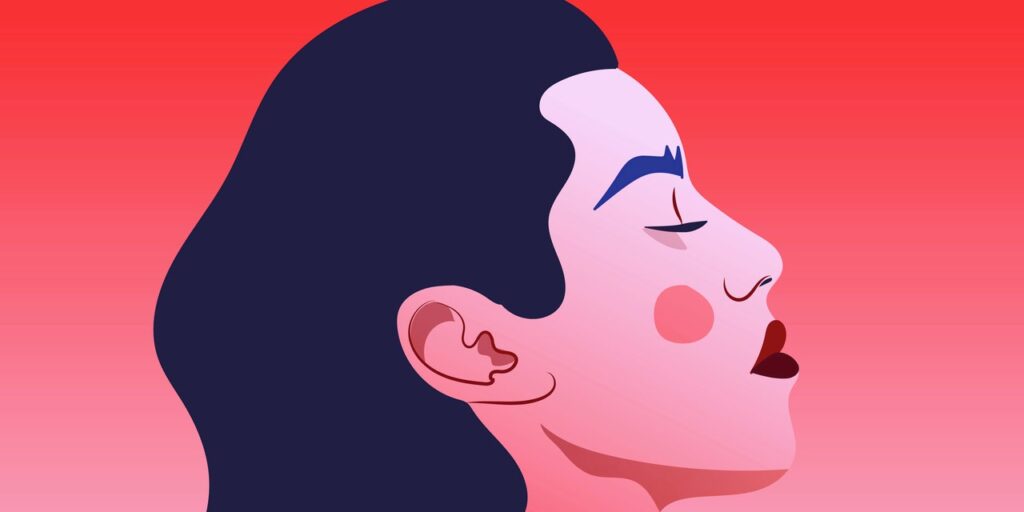The COVID-19 pandemic has been a uniquely vulnerable time for many people struggling with eating difficulties. Add to that the regular seasonal toxic messaging—the post-holiday diet talk, or the pressure to “get in shape” for spring and summer—and you have a perfect storm for disordered thoughts and eating behaviors.
Facing a gamut of triggers and unable to rely on their usual support mechanisms, many individuals may find themselves grappling with a sense of feeling out of control around food. For some, this might surface as a compulsion to overeat or eat emotionally; for others, it can be an urge to binge on certain foods. These impulses can manifest in serious mental health conditions like bulimia or binge eating disorder, though not everyone who experiences these urges will meet the diagnostic criteria for a specific eating disorder.
There are tons of reasons for why you may be feeling out of control around food—and there’s likely not one simple trigger that’s responsible for it.
“This could be the result of biology, emotions, or the environment—and most likely, a combination of several of these factors,” Marian Tanofsky-Kraff, Ph.D., a professor of medical and clinical psychology at the Uniformed Services University of the Health Sciences who researches eating disorders, tells SELF.
Because there are such varied causes, there’s also not one singular way to help thwart that out-of-control feeling. As someone who started recovering from bulimia seven years ago, I can tell you that multiple strategies are often necessary. Here are six actionable, expert-backed tips that may help if you’re struggling with food-related anxiety or, in particular, that unnerving feeling of being out of control when it comes to what you eat.
1. Do your best to eat regularly.
Skipping meals or restricting food can be a reason some people tend to feel a loss of control around food. So a key way to combat this feeling—though this can be much easier said than done—is to eat sufficiently so that you’re satiated and not constantly thinking about hunger.
“Eating regularly is a big piece of overcoming out-of-control eating,” Saniha H. Makhzoumi, Ph.D., a clinical psychologist in Maryland who specializes in the treatment of eating disorders, tells SELF. “When we aren’t eating enough or we avoid certain foods, we begin to feel deprived. In response to this, our bodies seek out food, especially ones that we told ourselves were off-limits.”

